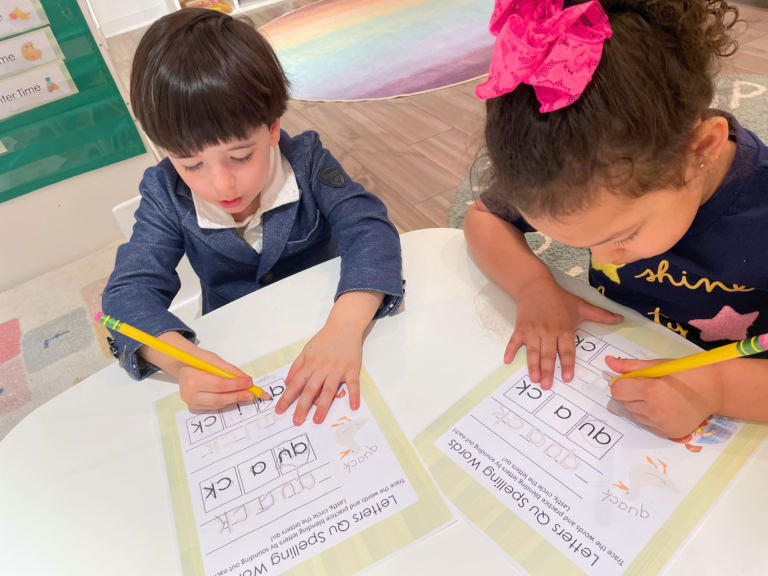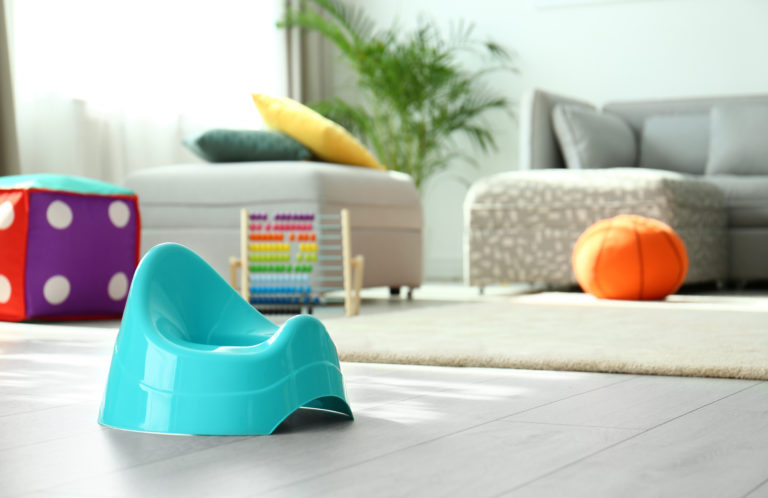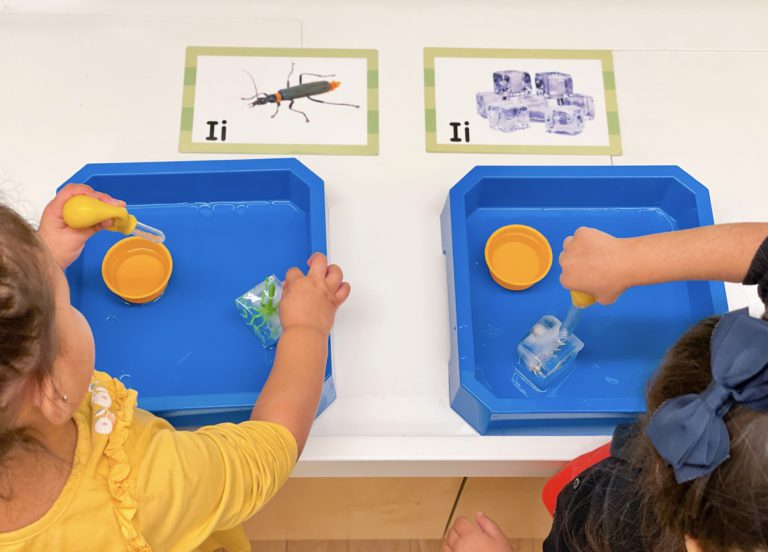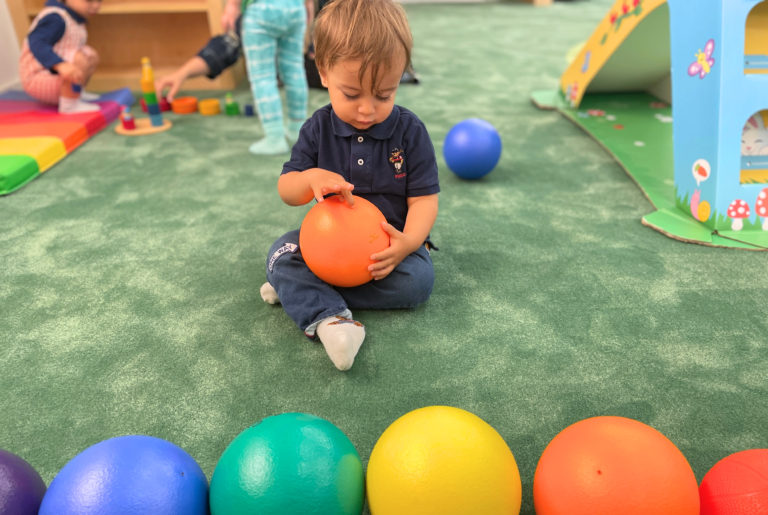Delivering Instruction for Special Needs Homeschool
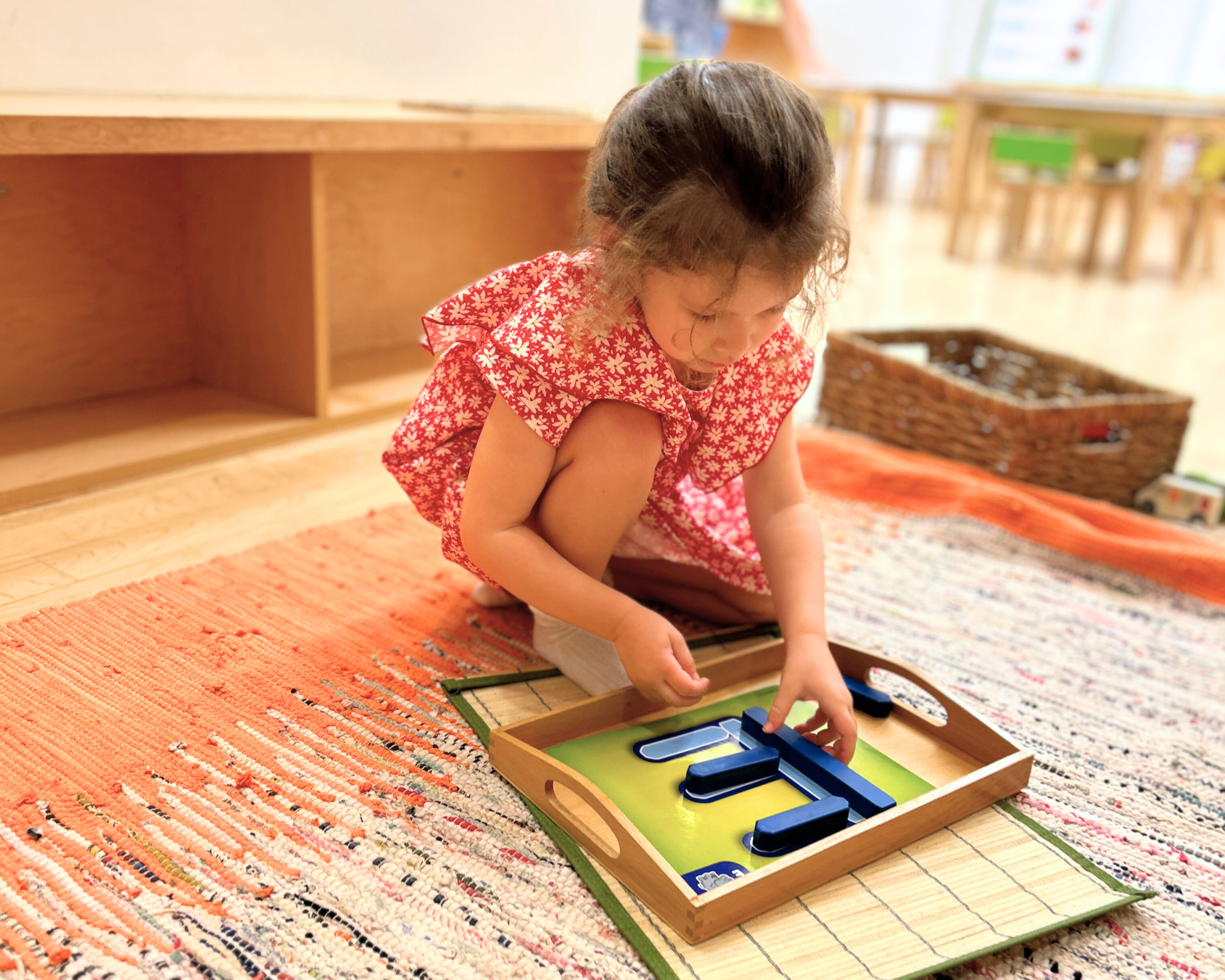
Once your homeschool space is set and you are ready to start your homeschool journey with your little one, it’s time to deliver instructions! When little ones with special learning needs are learning new things, picking up new skills and concepts will most likely require extra support. In the homeschool classroom, you have the opportunity to assess and adjust your delivery based on how your little one learns best, and this is found through trying different methods of instruction.
Methods for Instruction
REPETITION: All students learn through repetition and consistency. Little ones with special learning needs greatly benefit from repeating similar prompts or problems. When they are learning a new skill, offer them variations of the same problem so they have practice solving it the same way multiple times.
MODELING: Being able to see the skill or concept practiced by someone who is proficient in that skill can be advantageous for your little one with special learning needs. Having someone, like their homeschool teacher, be an example of how to do something allows for your little one to listen, watch, and understand the steps before trying this new task or strategy themselves.
SCAFFOLDING: When you first start homeschooling, focus on clear instructions and lead the entire lesson. When they begin to assimilate to the homeschooling schedule and expectations, let them lead sections of the lesson that they recognize or particularly enjoy.
Modifying Instruction
As a family choosing homeschooling, you have the flexibility to adjust lessons as you see fit. Little ones with special learning needs may need extra time with certain concepts, time that isn’t necessarily allotted in a traditional classroom setting. Also, hard days happen; we are not always going to be at 100%. Here are a few ways to adjust instruction in you homeschool classroom:
- Substitute a lesson for an educational video about the topic you are exploring. There are many early education learning platforms with videos available for every topic imaginable (including Playgarden Online!) You can also do an activity following the video to review what they learned.
- Use visual aids to help little ones stay focused and retain information. Pictures, puppets, miniatures, anything that helps them stay engaged.
- Take breaks for snacks, time outside, naps, or any time it simply feels necessary. It’s just as important to step away from their schoolwork as it is to be working.
- Play music in the background to help with focus. Lofi or other instrumental music can be comforting when lessons are challenging.
- Adjust your voice by slowing down or softening your tone, especially when concepts are difficult. You can even try singing to help your little one remember harder material.
Encourage and Empower
Your homeschool classroom allows for trying out different methods of instruction and levels of participation. You get to find out what makes your little one excited about learning and what methods they find most engaging. Additional materials may include online education platforms and other technology for students with special learning needs, which allow for little ones to practice in learning independently. Other activities include:
- Opening up the lesson or conversation to questions. Let your little one ask questions about any topic, either having to do with what you are currently learning about or something completely different but very much of interest to them. If you don’t have the answers, work together to find answers and learn something new together.
- Art activities, crafts, or other creative endeavors. Creativity allows for self-expression and confidence building. Get creative with your little one with crafts or DIYs, these activities also make for great fine motor skill practice.
One of the most important homeschooling lessons your little one with special learning needs can take away is that they are capable of so much! Make vision boards and let them dream about what they want their future to look like; a future where they feel like they can do anything. Teach them about Stevie Wonder, Frida Kahlo, Stephen Hawking; people with disabilities who have broken barriers and shown that people with learning differences can achieve great things!
Popular


Hi, I'm Miss Julia!
Miss Julia has been an early childhood educator for 5 years, with over 10 years of experience working in childcare. She has been teaching at Playgarden Prep since 2017, and is happy to share ideas on some of her favorite early education topics with you! Miss Julia has a BA from UC Irvine, and uses her experience in performing arts to inspire little ones every day in her enrichment classes at Playgarden. In her free time, Miss Julia loves enjoying nature, cooking, and creating with friends.

